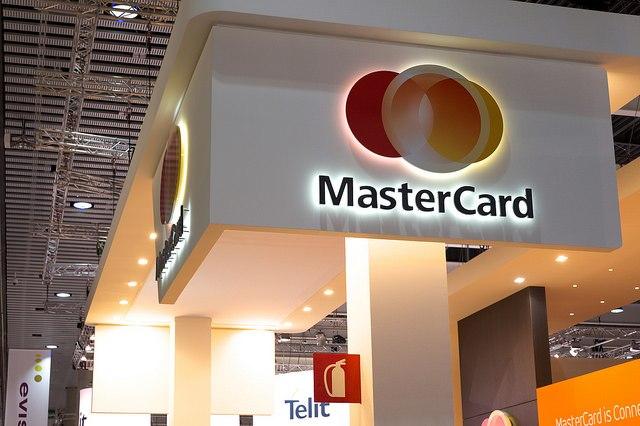
The United Nations World Food Programme (WFP) commemorated Mastercard with the Hunger Hero award for its effort to curb worldwide hunger. Ajay Banga, president and CEO of Mastercard, accepted the award at the WFP’s annual dinner at the World Economic Forum in Davos, Switzerland.
Mastercard’s aim to fulfill the U.N.’s sustainable development goal of Zero Hunger brought Banga center stage to accept the award from WFP Executive Director Ertharin Cousin.
“Under Ajay’s incredible leadership, Mastercard stands side-by-side with WFP and the people we serve, giving us access to their latest technology, vast network and generous staff to help us in our fight to achieve Zero Hunger,” Cousin said in Davos.
Mastercard’s focus in halting world hunger started in one of the most vulnerable places in the world: Syria.
Since the start of the conflict in 2011, Syria has plummeted into one of the worst humanitarian disasters since World World II. Among the 12 million Syrians displaced as a result of the war, 4.8 million of them found refuge in a nearby Middle Eastern country.
While they may be safe from threats of war, they are still subject to intense discrimination. This discrimination limits their opportunity for employment, leaving them isolated in camps and without any money to support themselves.
This is where Mastercard comes in. In partnership with the WFP, Mastercard enabled the U.N. organization to bring electronic payments to 2.2 million Syrian refugees in Lebanon and Jordan.
With these electronic payments, Syrian refugees can go to local markets and purchase food and goods with prepaid cash cards. The money is also wired automatically to cut out the waiting period. The e-cards gave families $27 a month to buy listed items which included fresh produce, a rare commodity for Syrians struggling to stay afloat.
The company's humanitarian efforts are especially poignant as the Trump administration seeks to bar Syrian refugees from entering the U.S.
Mastercard’s collaboration with its banks and retail partners have also raised funds to give more than 17 million meals to schoolchildren around the world. Analytical research from Mastercard and WFP proved that every dollar invested in meals for school children yields a $6 return based on rewards in improved health and education for kids, according to a press release.
Mastercard leader Banga wants companies to follow in his organization’s path to fix the perception that business is only about making money.
“At Mastercard we believe those efforts begin with the belief that business can be a force for good in the world and that when the public and private sector partner we can be transformative, doing great things that make a meaningful difference,” Banga said.
Banga, despite receiving the award, doesn’t plan to stop now. Mastercard announced its intention to reach 500 million people excluded from financial services by 2020. Such ambition moved Fortune to rank Mastercard seventh on its Change the World list honoring 50 influential companies.
Image credit: Kārlis Dambrāns
Based in Atlanta, GA, Grant is a nonprofit professional and freelance writer passionate about affordable housing and finding sustainable approaches to international development. A proud graduate of the University of Maryland, Grant spent four months post-grad living in Armenia where he worked for Habitat for Humanity and the World Food Programme. He enjoys playing trivia with friends but is still seeking his first victory - he ceaselessly blames his friends lack of preparation.














